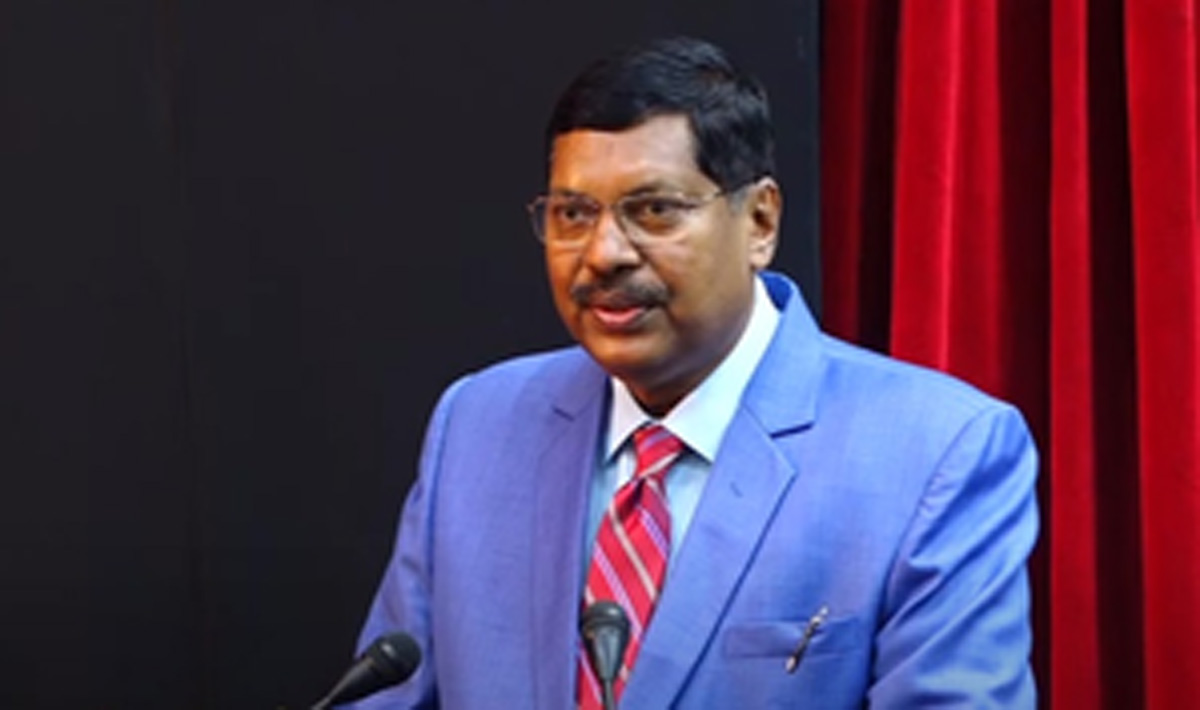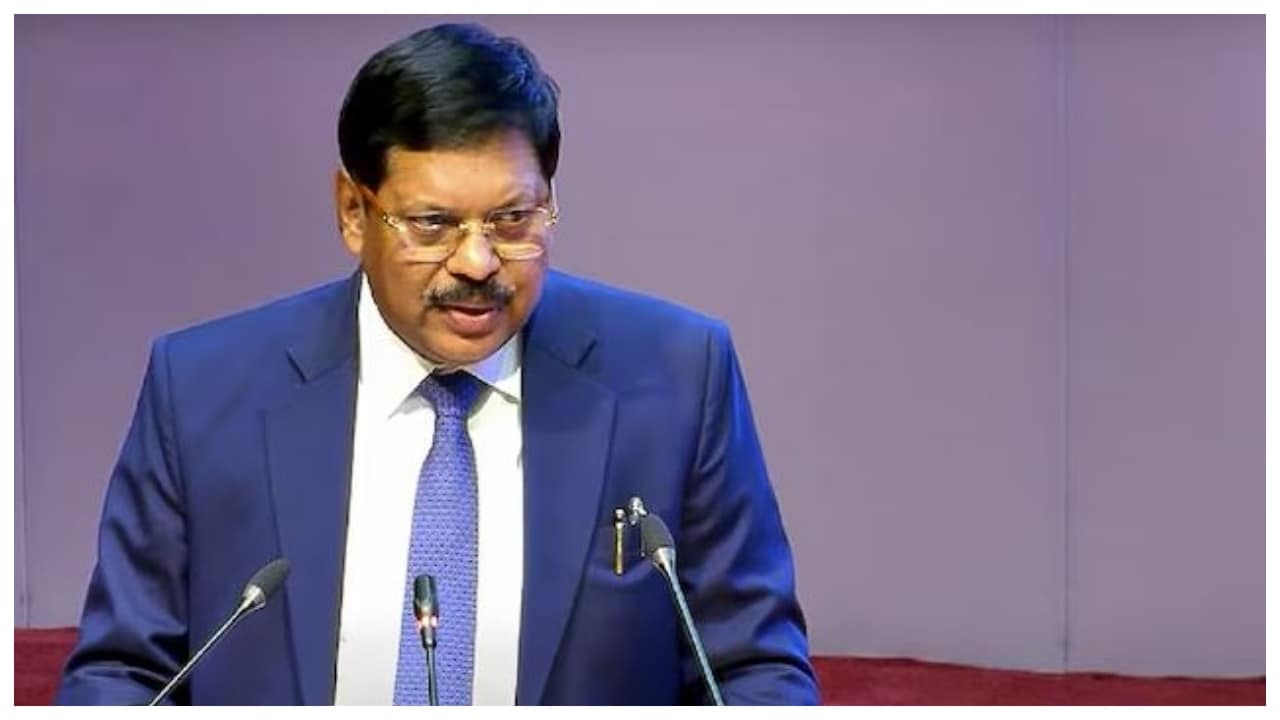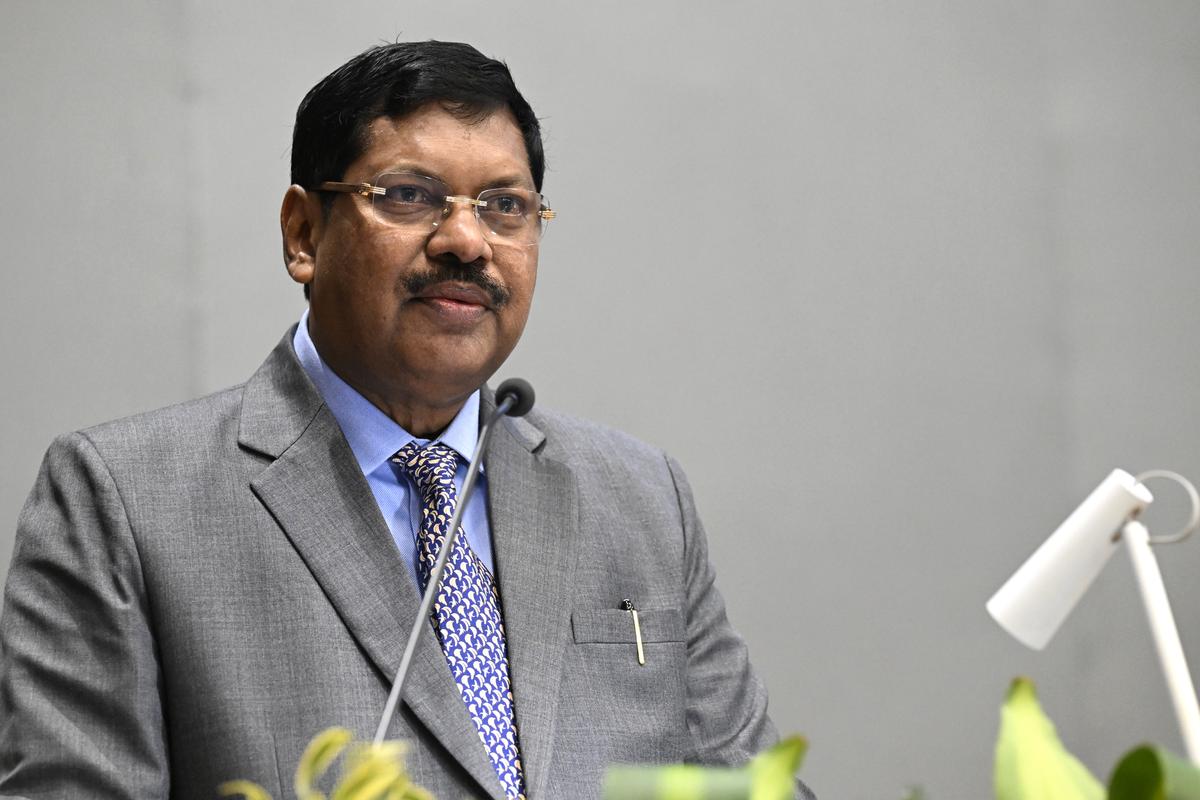On a heated Monday morning, an agitated elderly advocate, Rakesh Kishore allegedly threw a shoe at the Chief Justice of India, CJI B.R. Gavai inside the Supreme Court during the hearing of a plea seeking the restoration of Lord Vishnu’s idol in the UNESCO World Heritage Khajuraho Temple complex in Madhya Pradesh.
Enrolled in the Bar Council of Delhi (BCD) since 2009, this experienced legal practitioner could not take in what he considered an, “insult to Hindu Dharma”, when the CJI remarked, ‘This is purely publicity interest litigation…Go and ask the deity himself to do something‘, and dismissed his plea and to reconstruct a seven-foot idol of Lord Vishnu, last month.
Other than the outright display of eroding civic restraint, this incident has also raised an essential sociological debate on casteism, considering the Dalit identity of the CJI whose appointment marked a landmark victory signifying the success of constitutional provisions that abolished untouchability and guarantee equality.
Though the advocate’s outrageous action has not been established to be triggered as a result of caste prejudice, this case does provoke a sense of moral and social discomfort, and raises the longstanding concern over degrading constitutional morality in the country.
Ambedkar on constitutional morality
Regarding democracy as merely a, ‘top dressing on an Indian-soil which is essentially undemocratic‘. Dr Bhimrao Ambedkar held constitutional morality in a higher regard.
Invoking this concept in his 4 November, 1948 speech on the Draft Constitution, Dr. Ambedkar acknowledged its unnatural nature and believed that it had to be a cultivated sentiment.
While constitutional morality is taught dearly in legal institutions, it may not be easily understood by the common masses.
While constitutional morality is taught dearly in legal institutions, it may not be easily understood by the common masses. But citizens, most of all legal practitioners are expected to practise and uphold it.
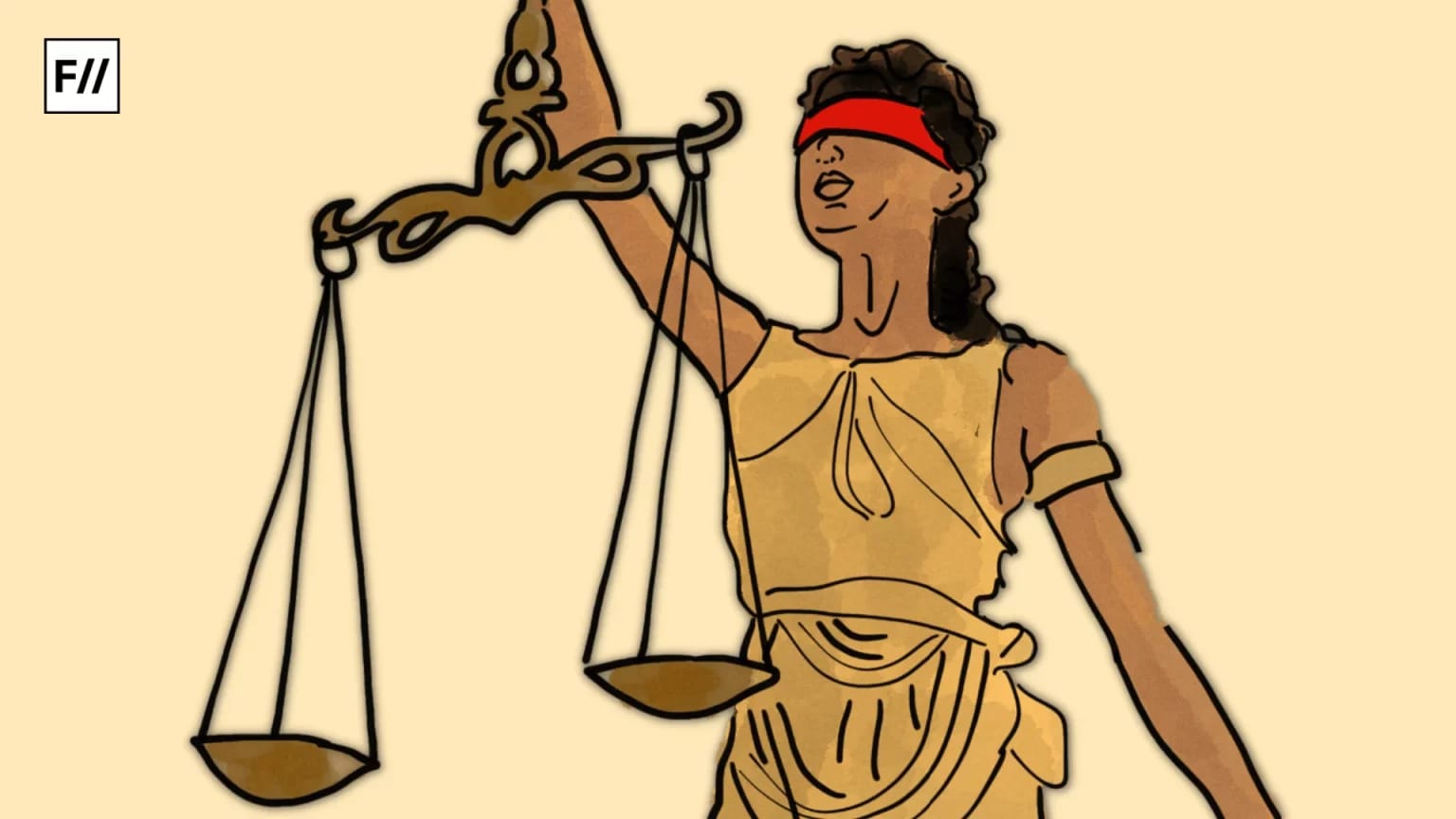
Another statement by Dr. Ambedkar is regularly invoked in contemporary times which would be deemed “anti-national” if said today. Three years after the Indian Constitution came into effect, a frustrated ‘father of the Constitution’ rose in the Rajya Sabha to say, ‘Sir, my friends tell me that I have made the Constitution. But I am quite prepared to say that I shall be the first person to burn it out. I do not want it. It does not suit anybody‘.
Over the years, this statement has been appropriated to convey discontent with the government and its policies. The most recent instance was the ‘samvidhaan khatre mein hai‘ (the Constitution is endangered) sloganeering by the opposition, INDIA alliance, during the general and assembly elections.
Dr. Ambekar’s past profile of having burnt the Manusmriti in 1927 is probably the reason why his contextual position when he said the statement is not taken into consideration.
The attack on CJI Gavai cannot be judged in isolation from the existing social relations within Indian society.
For him, bringing the constitution ‘into effect‘, in its truest sense, required a reverence towards it cultivated in practice. Coordination of disparaging interests, principled commitment to its purpose and adherence to not only its letter but spirit was required to build an inclusive atmosphere even in a majority-driven system.
Breach of courtroom or cultural decorum: casteist attack on CJI
The attack on CJI Gavai cannot be judged in isolation from the existing social relations within Indian society. While critiquing the judiciary is proper in a democratic society, the targeted attack on the highest judicial officer as an expression of contempt goes beyond an expression of disapproval.
The caste system thrives on the divisions created by authority and control. Respect is commanded by those born into a social rank, not necessarily the deserving. In this case, the highest seat in the judicial hierarchy is being occupied by a person whose caste-identity was traditionally deemed intelligible to even aspire to a decent existence.
One cannot allege this act to be purposefully casteist but it definitely stems from hate which is fuelled by the current polarised discourse and as tolerance dwindles, rationality and restraint is seemingly distancing itself from the expression of dissent.
CJI Gavai refrained from initiating contempt proceedings and continued without him as he asked everyone to, ‘not get distracted‘.
A sociological analysis of this case, hence, cannot be shielded from caste rationality which believes in punishments that humiliate, more than penalise to assert moral and epistemic violence.
The CJI’s dignified response to disrespect
CJI Gavai refrained from initiating contempt proceedings and continued without him as he asked everyone to, ‘not get distracted‘. Later, the advocate was suspended from the BCD. The Prime Minister condemned the attack and rose in support of the CJI to say, ‘There is no place for such reprehensible acts in our society‘.
Yet, the advocate remains unrepentant. Even as he was being led out of the courtroom by security officials, he was reportedly heard saying, ‘India won’t tolerate insult to Sanatan Dharma‘.
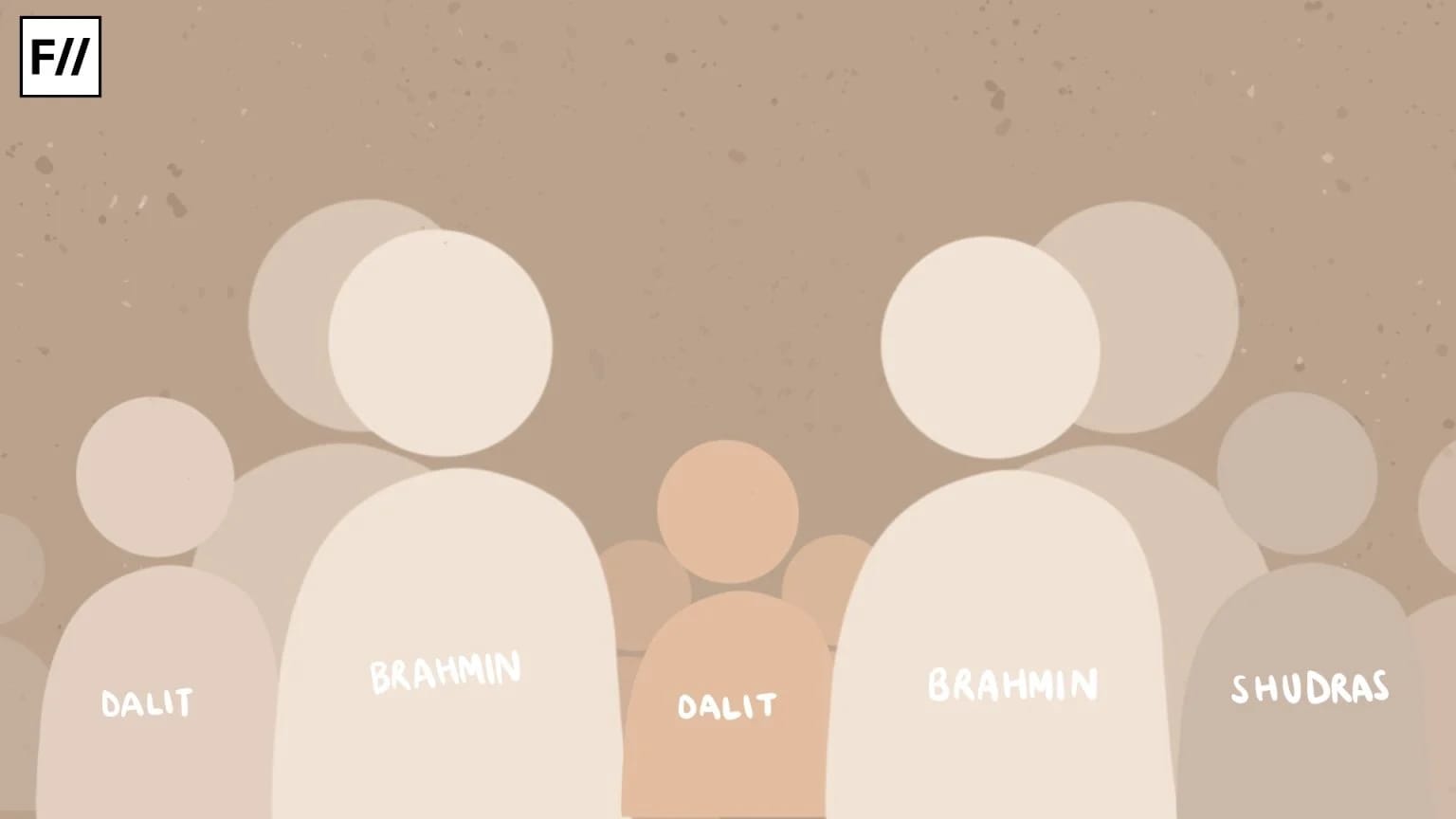
Later, while talking to the news agency ANI, he explained his plea and said, ‘I was hurt…I was not inebriated; this was my reaction to his action…I am not fearful. I don’t regret what happened‘.
Text, context and practice
In his final address to the Constitutional Assembly on 25 November 1949, Dr. Ambedkar said, ‘However good a Constitution may be, it is sure to turn out bad because those who are called to work it, happen to be a bad lot. However bad a Constitution may be, it may turn out to be good if those who are called to work it, happen to be a good lot‘.
Indeed, as this goes, the constitution is merely a textbook, the successful implementation of which is entirely dependent upon the character and morality of the people to whom it guarantees its rights.
Punishment cannot alone guarantee the actualisation of constitutional promises. A collective reflection over the ongoing moral crisis fuelled by caste pride, vote-bank politics and ulterior alliances is required to create a social consciousness and joint moral repugnance towards such uncivilised expressions of disapproval.
About the author(s)
Second year student of Media Studies at CHRIST (Deemed to be University), BRC, Bangalore. A trained Kathak dancer, theatre artist and political nerd.
